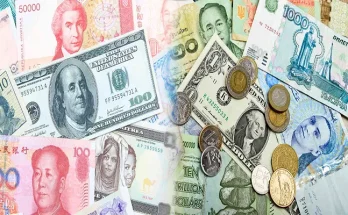Money plays a crucial role in modern economic systems, serving various functions that are essential for the smooth operation of economies. Understanding the functions of money is key to grasping its significance in facilitating transactions, promoting economic growth, and enabling efficient allocation of resources.
1. Medium of Exchange
Money serves as a widely accepted medium of exchange, allowing individuals and businesses to easily trade goods and services without the need for a barter system. By eliminating the necessity of finding a direct exchange of goods, money simplifies transactions and promotes economic efficiency.
2. Unit of Account
Money provides a standard unit of measurement for prices and values, enabling individuals and businesses to assess and compare the worth of different goods and services. As a unit of account, money facilitates the process of making informed economic decisions and calculating the relative value of assets and liabilities.
3. Store of Value
Money acts as a store of value, allowing individuals to hold and preserve purchasing power over time. Compared to perishable or non-durable goods, money retains its value and serves as a reliable asset for savings and future use. This function contributes to the stability and predictability of the economic system.
4. Standard of Deferred Payment
Money serves as a standard for deferred payments, allowing contracts, debts, and financial obligations to be settled over time using a reliable and universally accepted medium. This function enables individuals and businesses to engage in credit transactions, lending, and borrowing, fostering investment and economic growth.
5. Facilitates Economic Growth
By performing the functions of medium of exchange, unit of account, store of value, and standard of deferred payment, money supports economic activity, encourages investment, and promotes the efficient allocation of resources. This, in turn, contributes to the overall growth and development of modern economic systems.
6. Promotes Specialization and Division of Labor
Money facilitates specialization and the division of labor by enabling individuals and businesses to focus on their core competencies and exchange the resulting products or services for money. This promotes economic efficiency and productivity, leading to higher overall output and improved living standards.
In modern economic systems, the functions of money are essential for creating a stable and efficient framework for conducting economic activities, facilitating trade, and promoting growth and development. Understanding the multifaceted role of money is crucial for individuals, businesses, and policymakers in formulating effective economic strategies and promoting sustainable economic prosperity.





